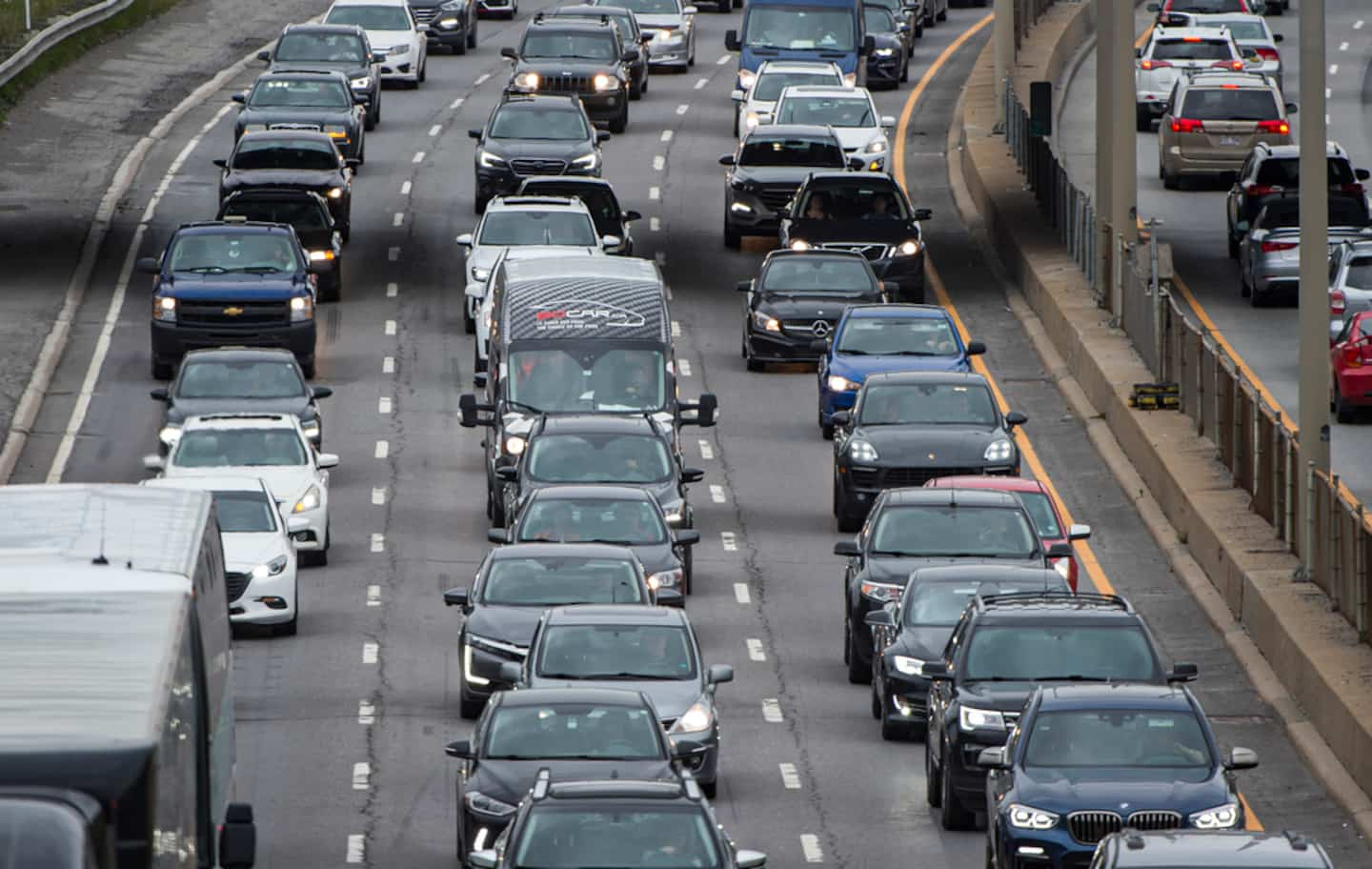Closed bridges, the multiplication of road works and the famous orange cones, the density of traffic... Motorists have more and more reasons to lose their temper, and their first victims are cyclists. Why are these road incivilities more and more numerous?
A former courier on a bicycle, Pascal Marcoux continues to circulate on two wheels, both in his daily life and for his training. He confides that the impatience of motorists is increasingly felt in the city. "It's not often name calling or physical threats, but more of a honk here and there."
He too has several stories of obvious road incivility, although he recognizes that not all cyclists are angels either.
“Last year, on boulevard Gouin, in the east, a 25-30 youngster in a sports car obviously had a lot of trouble accepting that a cyclist was going faster than him. In the portion where the bike path stops, before continuing further, he decided to stick me very close. Then, with the traffic, I found myself behind him and at one point he intentionally came to a sudden stop. He really intended for me to run into him, he was not only looking for provocation, but also to intentionally hurt me.
But young motorists are not the only ones to consider that the road belongs primarily to cars. “I also remember a situation, in the west of the city, there was a lot of traffic and no bike path, a lady of a certain age was behind me, and she honked at me nonstop. I went to see her to ask her what was going on, she replied that I had nothing to do on the road and that I had to settle down.
Fortunately, all road mishaps do not end dramatically, but luck sometimes hangs by a thread. Jonathan Allen experienced this with a bus driver in the Saint-Jérôme sector, in the Laurentians. “I was driving and the bus driver approached me. He was down to about three inches, it was very dangerous. I called his supervisor to file a complaint. As everything is recorded, they were able to see the problem on video, and as it did not seem to be the first time that this driver had this kind of attitude, he was fired because he was too dangerous. At some point, you can't let it go."
For the French psychologist Jean-Pascal Assailly, motorists undergo a transformation when they are behind the wheel. “The car has become a bubble that isolates and disinhibits, like on social networks. It is also a very protective physical space where it is easier to indulge in insulting someone than if you meet them on the sidewalk.
What attitude should be adopted to reduce incivility?
When dealing with a rabid motorist, Pascal Marcoux tries to lead by example. “I try to smile and stay nice, he confided, specifying that it was not always like that. "Even the crazy people in their cars, it's useless to reason with them, I thank them the same, and maybe it will work its way." Jonathan Allen thinks that if it's harmless incivility, it's always better to let it go to avoid a situation that escalates. “But if your life could have been in danger or it was intentional, you should not hesitate to take the plate number of the car and go and file a complaint with the police, because it is probably not the first time that that person engages in that behavior.”













